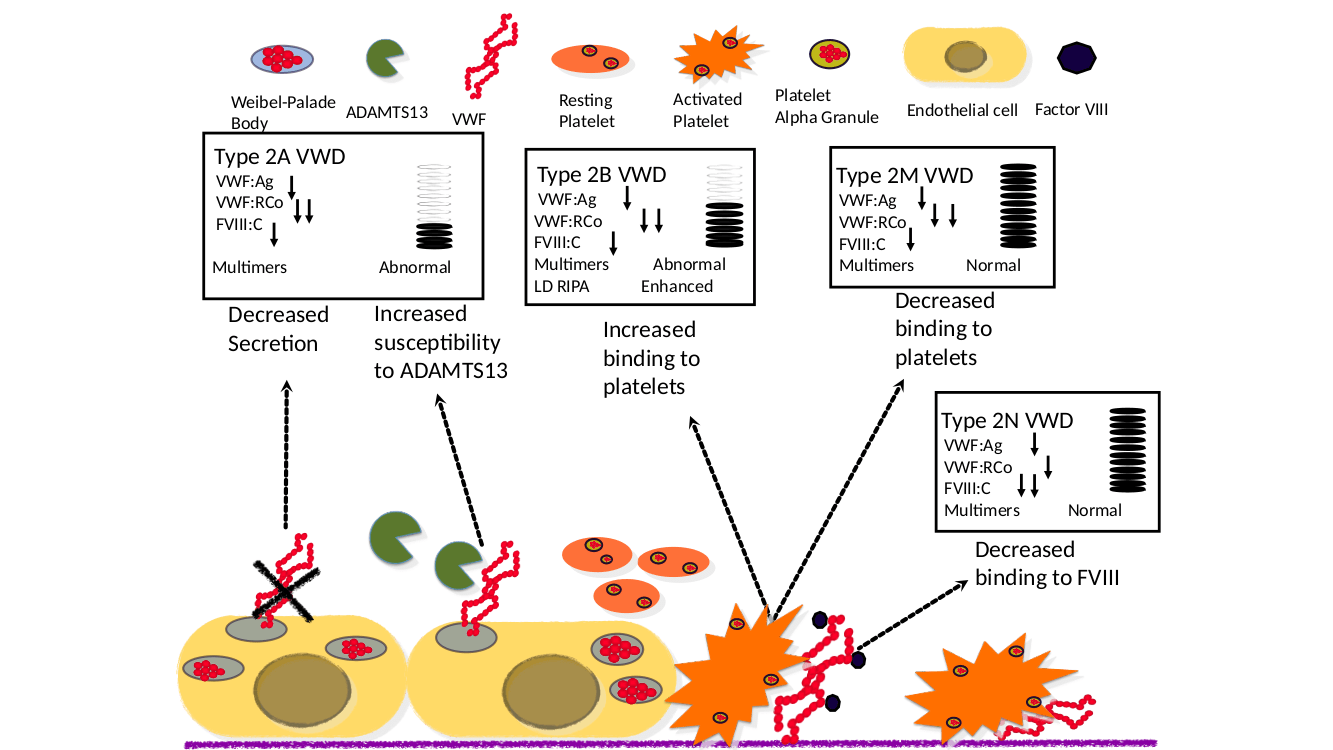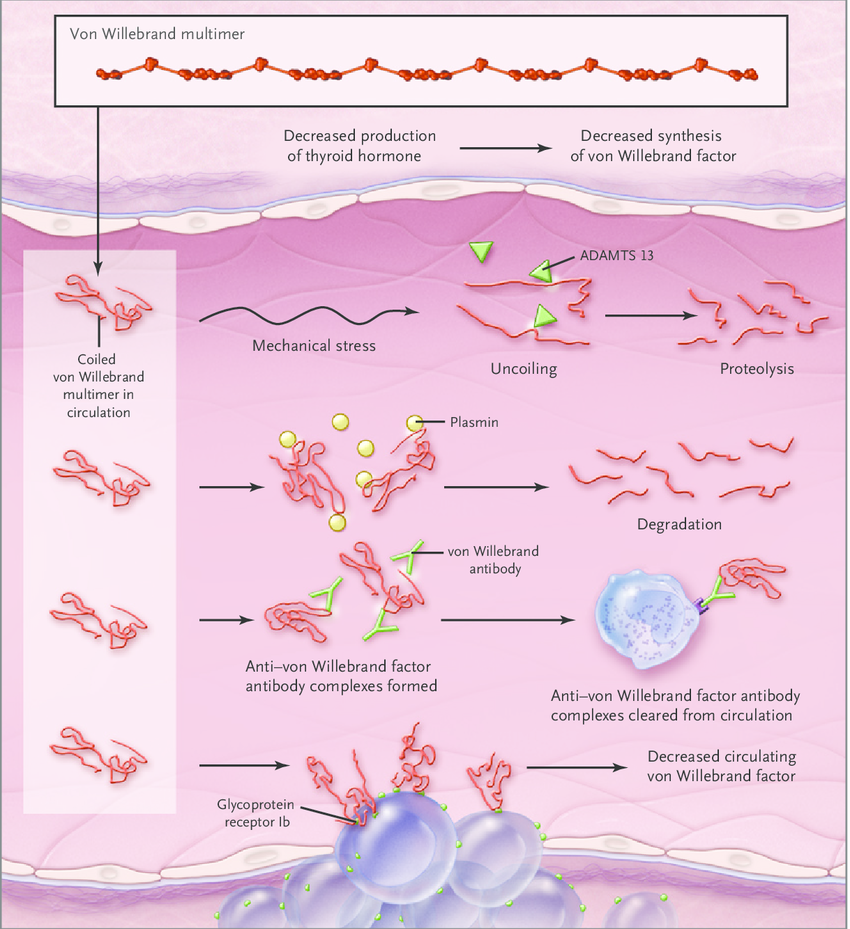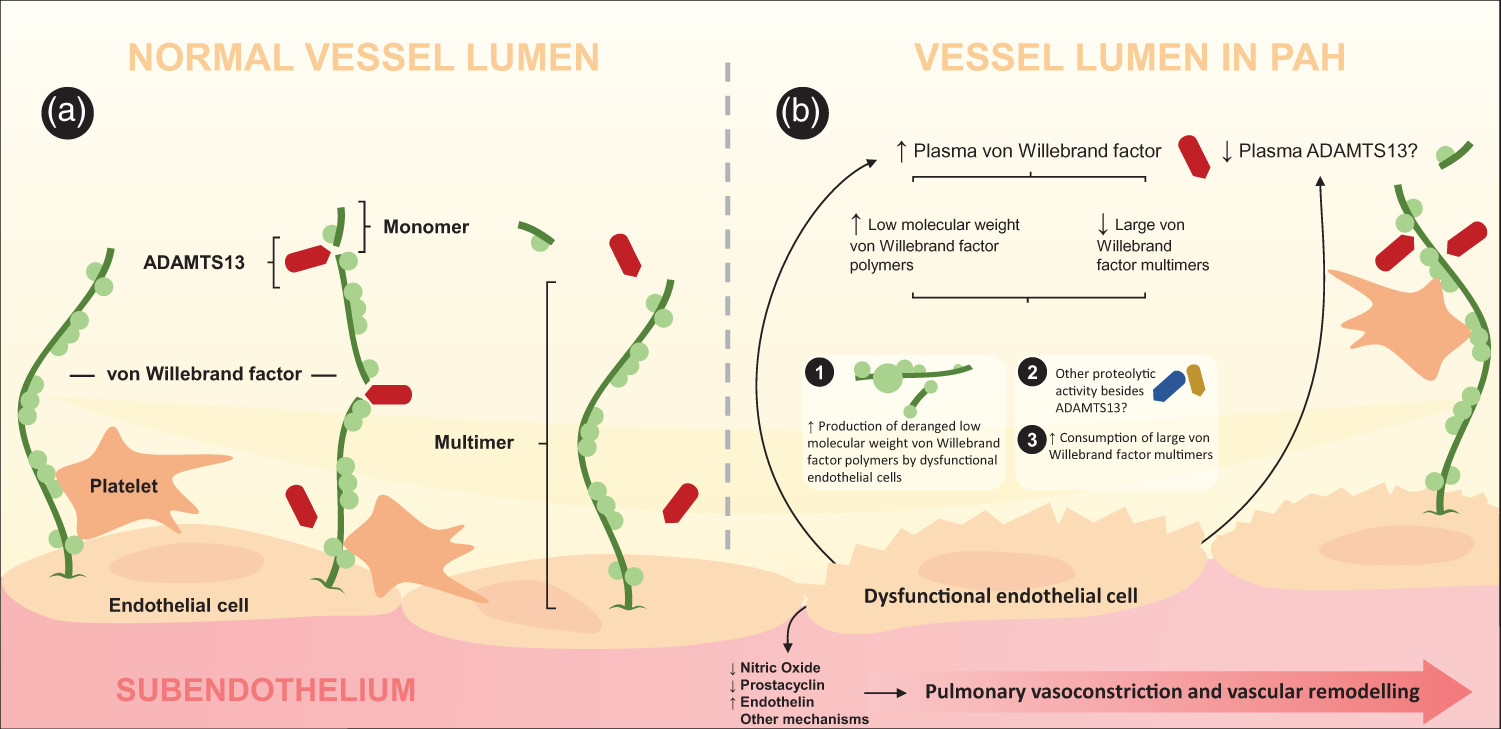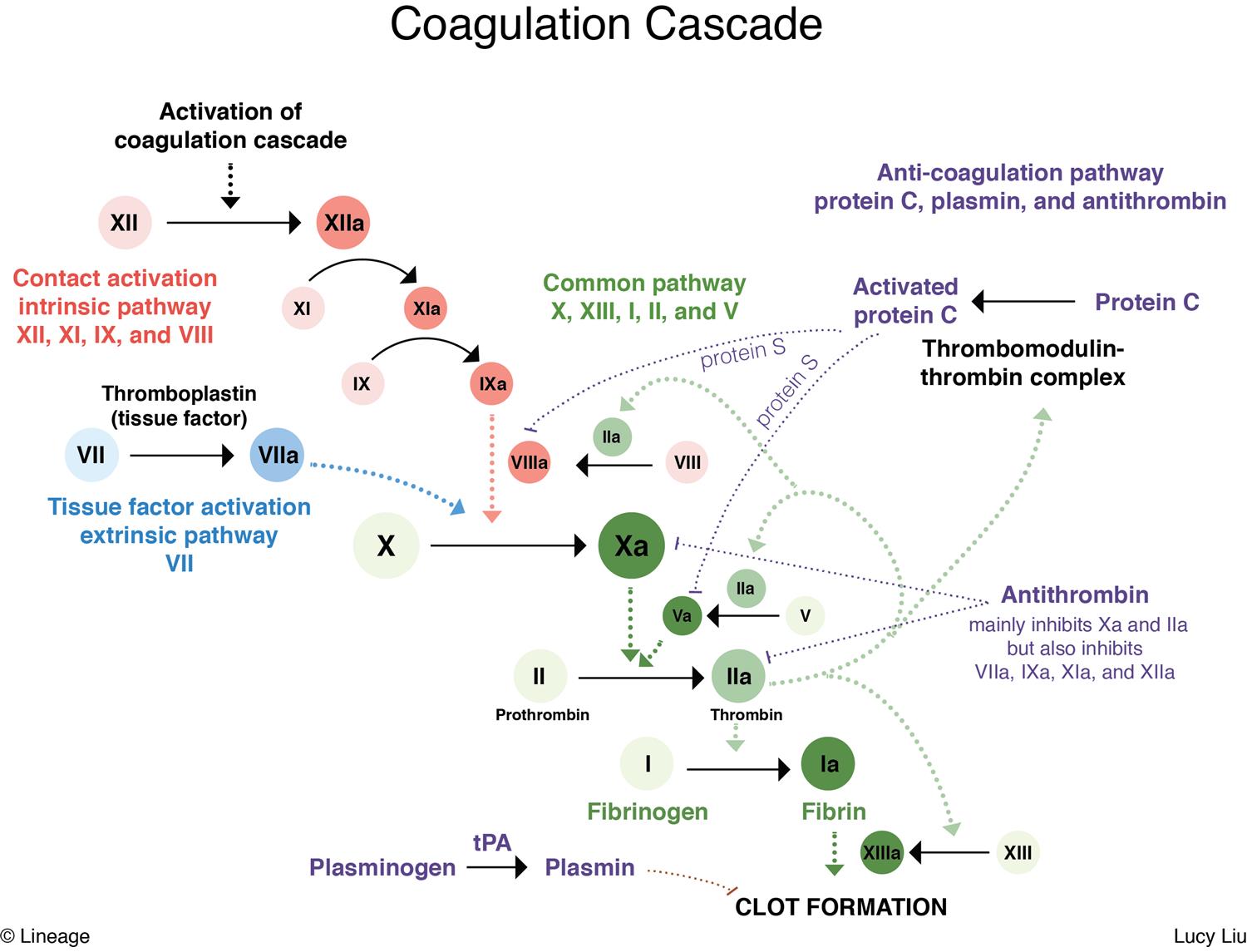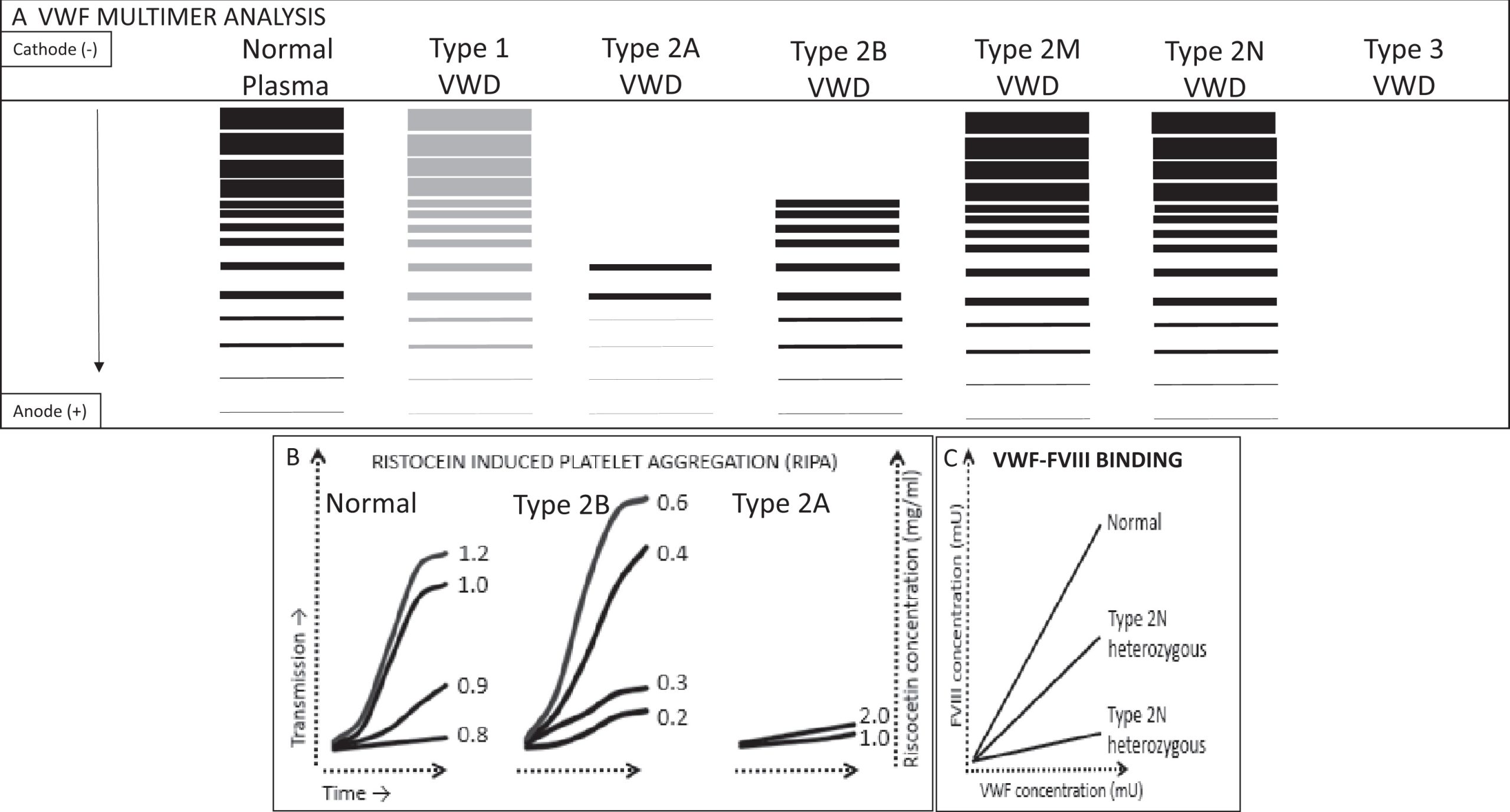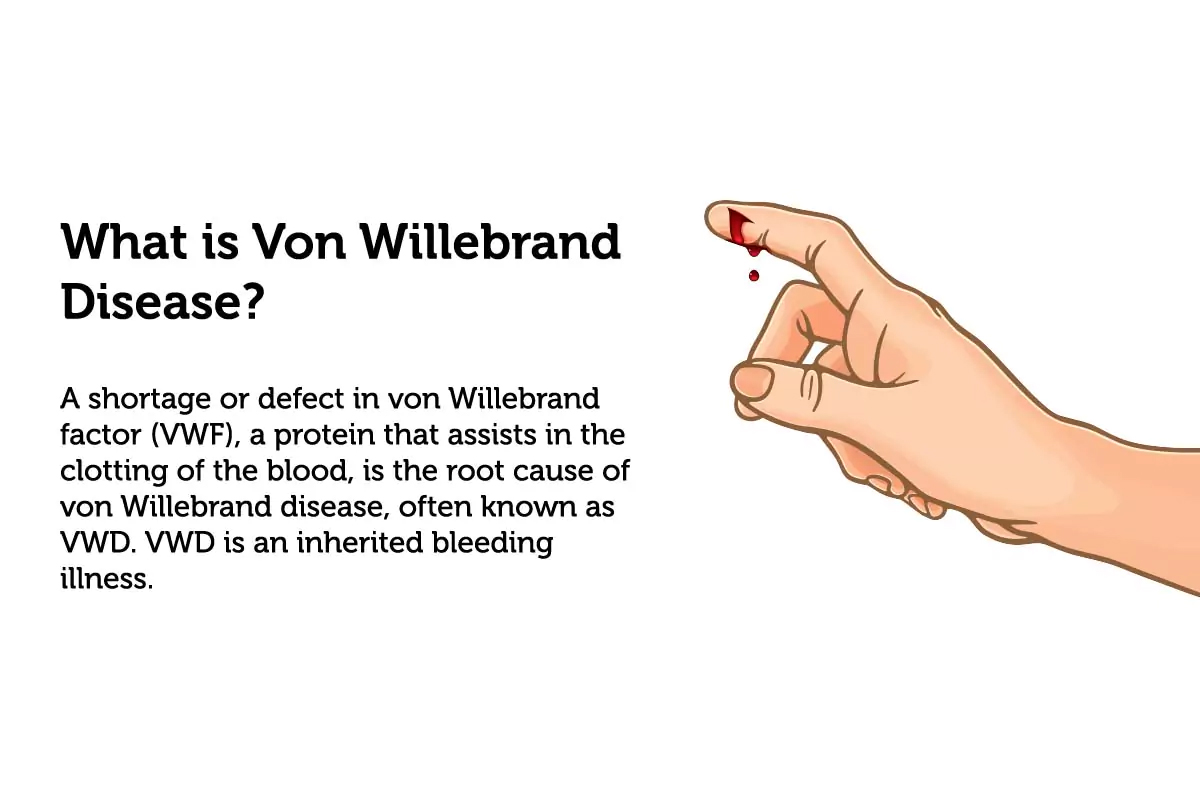
What is von Willebrand disease?
Von Willebrand disease is a bleeding disorder passed down in the genes you inherit from one’s parents. It is similar to haemophilia, but more common and usually less severe.
If you have von Willebrand disease, you don’t have enough of a clotting factor called von Willebrand factor, or the factor doesn’t work properly. The result is that it takes longer than normal for your blood to clot and for bleeding to stop.
Von Willebrand disease is also called von Willebrand disorder, or VWD.
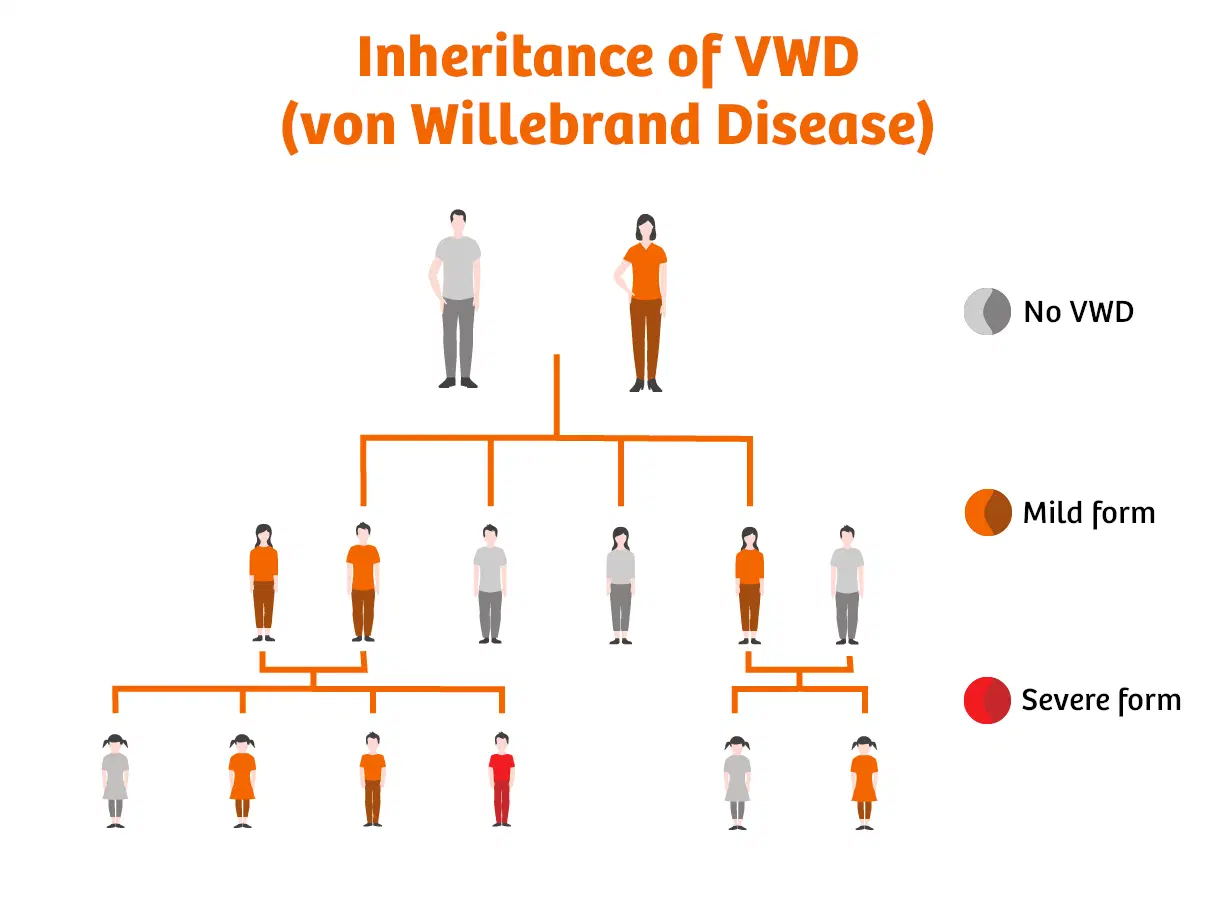
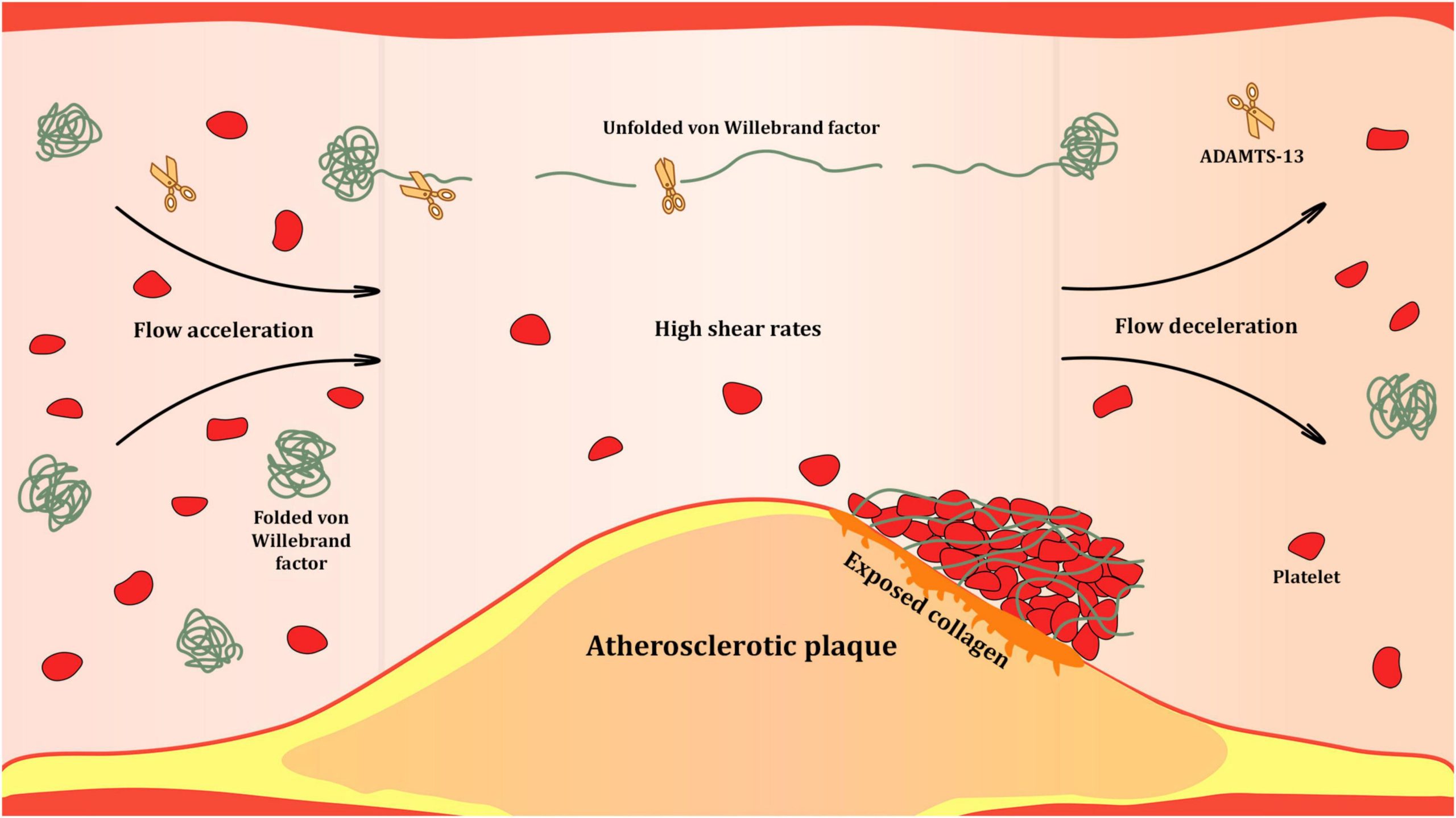
Types of von Willebrand disease
There are 3 types of VWD:
- Type 1 — factor levels are low (the most common type).
- Type 2 — factor doesn’t work properly.
- Type 3 — factor is missing (the rarest type).
What are the symptoms of von Willebrand disease?
Many people who have VWD have no obvious symptoms and are not even aware they have it.
When symptoms of VWD show up, they may include:
- bruising easily
- bleeding more than normal, for example after an injury or childbirth, or during menstruation
- frequent or long-lasting nosebleeds or gum bleeds
- blood in your urine or stools
- bleeding into the joints and muscles (in severe cases)
If you have VWD, you might experience different symptoms at different times of your life.
How is von Willebrand diagnosed?
Von Willebrand disease might be suspected if you show symptoms such as easy bleeding or bruising, especially if someone in your family is known to have VWD. An actual diagnosis of VWD relies on special blood tests. These tests can also help determine the type of VWD you have.
Many people go through life unaware they have von Willebrand disease. Some find out only when a problem is picked up on blood testing for other conditions.
How is von Willebrand disease treated?
Treatment for VWD depends on the type of VWD and how severe it is. In mild cases, treatment might not be needed at all, unless you have surgery or dental work, or sustain an injury that causes bleeding.
Treatments for VWD can be given when needed, including:
- medicines or injections to help the blood clot properly
- treatments to help wounds stop bleeding
- hormones to stimulate the production of von Willebrand factor in the blood
Some minor bleeding can be managed at home, while more serious bleeding may require expert help.
